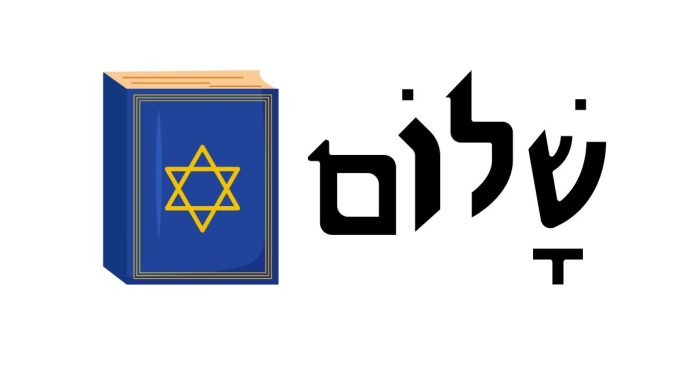When studying the Hebrew language, it’s not uncommon to come across intriguing words and expressions that have rich historical and spiritual significance. One such term is “Yahu,” a short yet powerful word that carries a deep meaning in both religious and linguistic contexts. What does “Yahu” mean in Hebrew? Let’s explore the roots of this word and its impact on Hebrew culture, religion, and language.
The Meaning of “Yahu” in Hebrew
In Hebrew, “Yahu” is a shortened form of the divine name Yahweh (often spelled as YHWH in English), which is the biblical name for God. “Yahu” appears in various ancient texts, particularly in the context of Jewish and biblical traditions. The name Yahweh itself is often associated with the concept of God’s eternal and unchanging nature.
- Yahu as a Shortened Form of Yahweh
- Meaning: “Yahu” is typically used as an abbreviation or a diminutive form of the name Yahweh, the God of Israel in the Hebrew Bible. This form is often seen in personal names in the Bible.
- Example Usage: “Yahu” appears as part of names like Elijah (“Eliyahu” in Hebrew, meaning “My God is Yahweh”) and Isaiah (“Yeshayahu,” meaning “Salvation of Yahweh”). These names reflect the centrality of God in the lives of individuals and in the broader spiritual and cultural context.
- The Significance in Jewish Tradition
- Meaning: In Jewish culture, the name Yahweh (and its shortened form, Yahu) is regarded with great reverence. Over time, the name Yahweh was considered too sacred to utter aloud, and other substitutions were used in prayers and texts.
- Example Usage: While “Yahu” might not be spoken regularly, it plays a significant role in ancient Hebrew inscriptions, such as in names of kings, prophets, and other important figures in biblical history.
The Role of “Yahu” in Ancient Hebrew Names
Many important biblical figures have names that incorporate “Yahu,” reflecting the reverence for God in their lives. Here are a few examples:
- Isaiah (“Yeshayahu”) – Meaning “Salvation of Yahweh.”
- Elijah (“Eliyahu”) – Meaning “My God is Yahweh.”
- Jeremiah (“Yirmiyahu”) – Meaning “Yahweh will exalt.”
- Zechariah (“Zekharyahu”) – Meaning “Yahweh remembers.”
These names often carried a deep theological or symbolic meaning, with parents naming their children in the hope or belief that God would protect, guide, or bring salvation.
The Connection Between “Yahu” and the Divine
The word “Yahu” emphasizes the closeness of the relationship between the individual and God in ancient Hebrew thought. The suffix “Yahu” in these names is not just a reference to the divine but a declaration of faith, trust, and devotion to the God of Israel. It shows that the individual’s identity is intertwined with their relationship to the Creator.
“Yahu” in Modern Contexts
Although the term “Yahu” itself is not commonly used in modern Hebrew conversations, its influence persists in the language, particularly in religious and cultural contexts. The names of biblical figures with “Yahu” continue to be popular in Jewish communities, and the legacy of the divine name Yahweh resonates in prayers, hymns, and sacred texts.
In summary, “Yahu” in Hebrew is a shortened form of Yahweh, the sacred name of God in the Hebrew Bible. It carries immense spiritual significance and is often found in the names of biblical figures as a way of expressing reverence for the Creator. Whether you encounter it in ancient texts, religious traditions, or as part of a name, “Yahu” serves as a reminder of the deep connection between humanity and the divine in the Hebrew faith.
Are you familiar with any other words or names that have significant spiritual meaning in Hebrew? Feel free to share your insights in the comments below!


